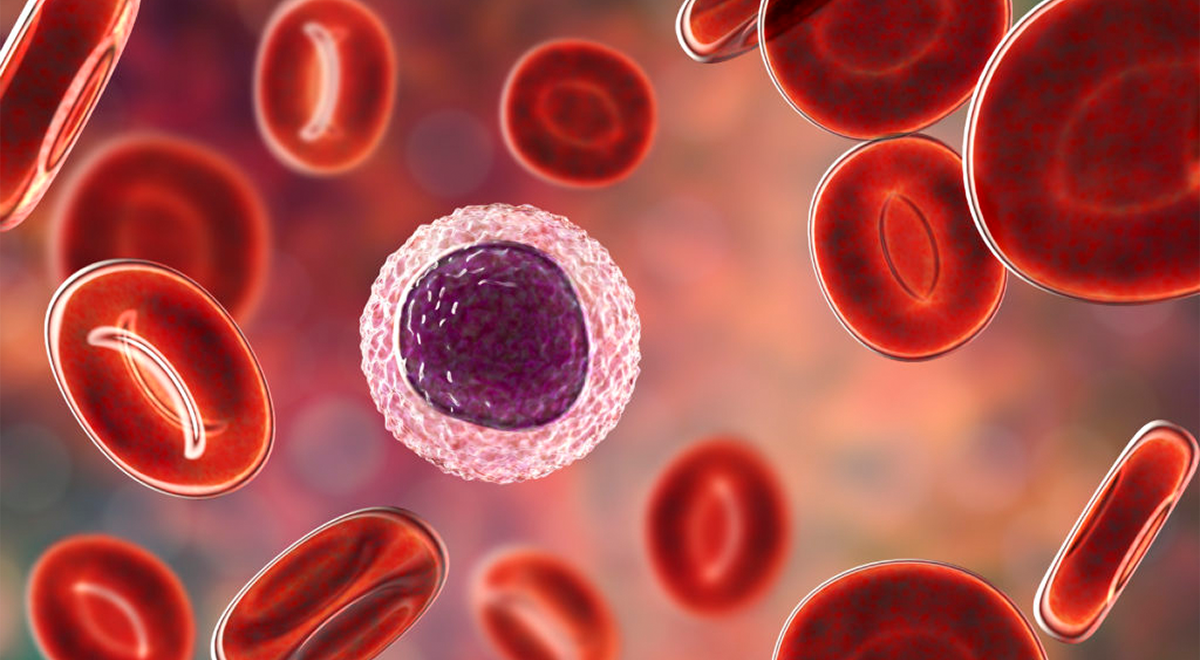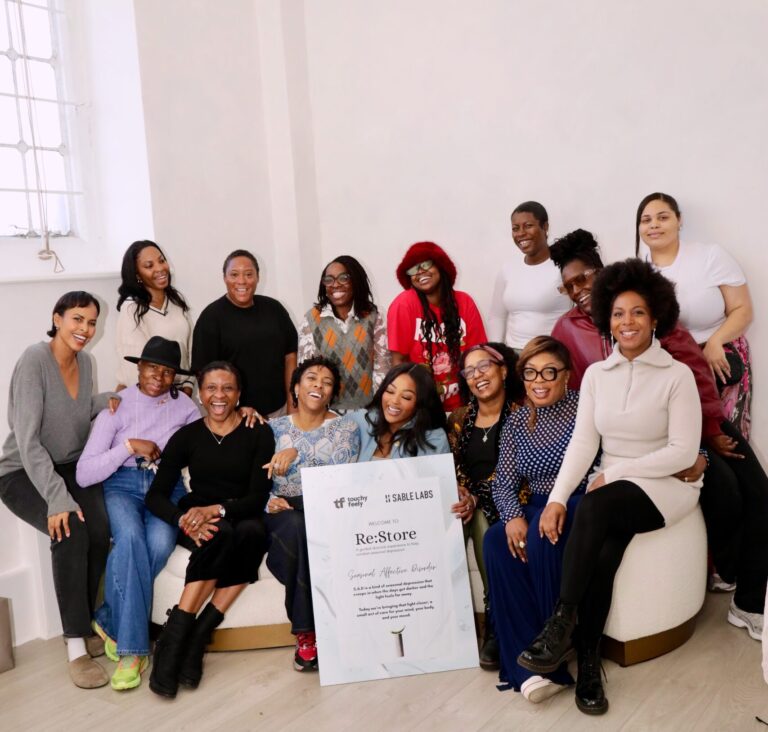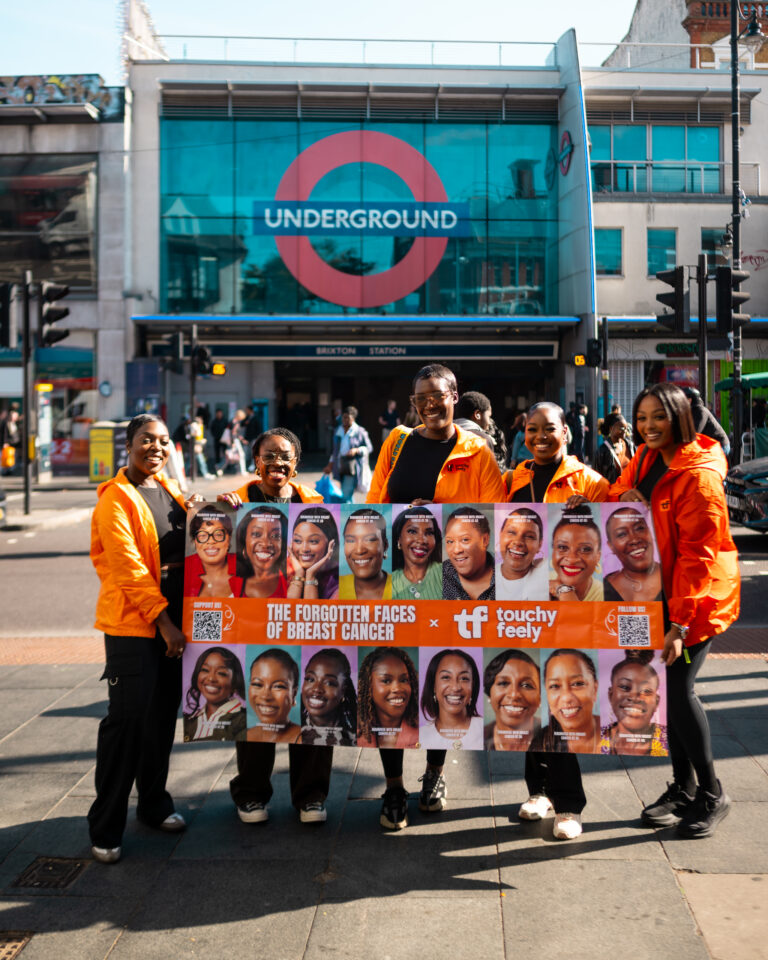Every September, Blood Cancer Awareness Month shines a light on cancers that affect the blood, bone marrow and lymphatic system. While often less visible than other forms of cancer, blood cancers carry a significant impact and they deserve just as much attention.
For Black women, awareness is critical. Research shows that people of Black, African, Caribbean, or mixed heritage are disproportionately affected by certain types of blood cancer, yet information and representation remain limited.
What Are the Main Types of Blood Cancer?
Blood cancers are complex, but they generally fall into three main categories:
1. Leukaemia
Leukaemia is a cancer of the blood and bone marrow. It develops when the body produces abnormal white blood cells that don’t function properly. These cells crowd out healthy ones, making it harder to fight infections.
- Who it affects: It can occur at any age, but some forms are more common in children and others in adults.
- Why this matters for Black communities: Studies suggest that certain genetic and biological factors may influence how leukaemia develops in Black patients, and outcomes may differ due to later diagnoses and barriers to accessing care.
2. Lymphoma
Lymphoma starts in the lymphatic system, the network that helps the body fight infection. There are two main types: Hodgkin lymphoma and non-Hodgkin lymphoma.
- Symptoms to watch: Swollen lymph nodes (neck, armpit, groin), fever, night sweats, weight loss, persistent fatigue.
- Relevance to Black women: While lymphoma occurs across all groups, delays in recognising symptoms or limited cultural awareness can mean later diagnosis in Black patients.
3. Myeloma (Multiple Myeloma)
Myeloma is a cancer of the plasma cells, a type of white blood cell that helps the body make antibodies. It weakens bones, affects kidneys, and makes it harder to fight infections.
- Black communities at higher risk: In the UK, people of Black African, Caribbean, or mixed heritage are nearly three times more likely to develop myeloma compared to white people.
- Gender difference: Men are more often affected than women—but for Black women, awareness is vital given the disproportionate impact on our communities.
Why Representation Matters
Too often, Black women don’t see themselves in the images, data, or patient stories around blood cancers. This lack of visibility fuels late diagnoses, missed symptoms, and feelings of isolation. When Black women don’t see their realities reflected in awareness campaigns, the message is clear: our experiences are overlooked. Touchy-Feely is working to change this by making culturally competent resources visible and accessible.
What Needs to Happen Next
- More research: We need data that reflects the unique experiences of Black women in the UK, not just imported from US studies.
- Culturally competent healthcare: Healthcare professionals must be trained to spot symptoms and listen to concerns without bias.
- Representation in campaigns: Stories, images, and statistics must reflect the diversity of those affected.
- Community awareness: Talking openly in our families and communities can save lives. If something doesn’t feel right, push for answers.
Blood cancer is not always visible. Symptoms can be vague (fatigue, infections, night sweats) and easy to dismiss. But awareness can make all the difference. This September, we encourage Black women to learn, share, and speak up.




